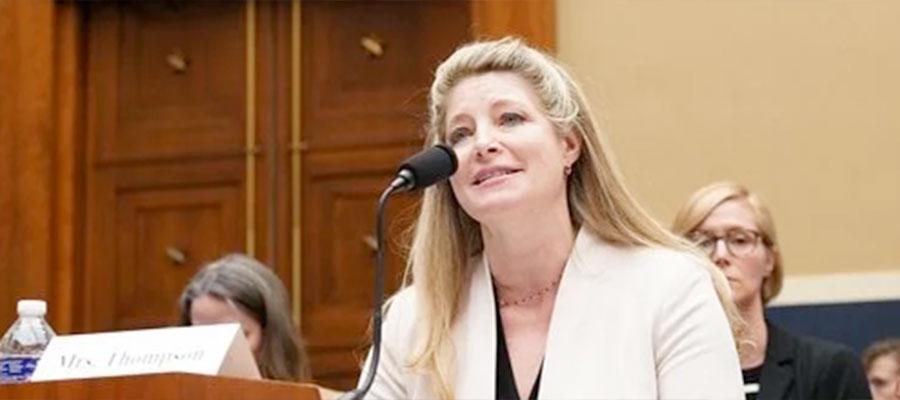AHA discusses legislative proposals on site-neutral, 340B and other issues at House subcommittee hearing

The AHA strongly opposes legislation that would lead to additional site-neutral payment cuts and threaten access to patient care, Ashley Thompson, AHA senior vice president of public policy analysis and development, told the House Energy and Commerce Subcommittee on Health today during a hearing focused on a number of legislative proposals that would affect hospitals and other parts of the health care system.
“There is nothing ‘neutral’ about site-neutral policies,” Thompson said. Compared to other health care settings, hospital outpatient departments treat patients who are often older, poorer, sicker and with more complex medical conditions. HOPDs also must comply with more comprehensive licensing, accreditation and regulatory requirements. Additionally, hospitals are required to maintain standby capacity for disasters, public health emergencies and unexpected traumatic events, as well as deliver emergency care, regardless of insurance status.
Before the hearing, the subcommittee released 17 bills and discussion drafts covering a range of topics, including price transparency, the 340B Drug Pricing Program, physician-owned hospitals, and Medicaid disproportionate share hospital reductions, among others.
Price Transparency. Hospitals have made significant progress complying with the price transparency regulations; according to the Centers for Medicare & Medicaid Services, 70% of hospitals have adhered to both components of the rule. “Hospitals are eager to continue their compliance efforts, and the Transparent PRICE Act affords an opportunity to continue to work together toward this goal,” Thompson said.
340B. The AHA strongly supports the 340B program, which is crucial to helping hospitals stretch limited federal resources and expand health services to patients and communities. By participating in the program, 340B hospitals already must attest to meeting all program requirements; recertify their eligibility annually; participate in audits conducted by the Health Resources and Services Administration and drug manufacturers; and maintain records and inventories of all 340B and non-340B prescription drugs. “The AHA would oppose efforts to create significant new reporting requirements for 340B hospitals,” Thompson said. “In addition, any measures that increase transparency for 340B providers also should include greater transparency for drug companies.”
Physician-owned hospitals. The AHA opposes changes that would either expand the number of physician-owned hospitals or ease restrictions on the growth of existing facilities. Studies show that physician-owned hospitals cherry-pick patients who are less medically complex and more financially lucrative, and provide limited or no emergency services.
Medicaid DSH. The AHA strongly supports legislation that would delay for two years cuts to Medicaid DSH hospitals scheduled to begin Oct. 1. “We appreciate that Congress has, on a bipartisan basis, kept the Medicaid DSH cuts from going into effect,” Thompson said. “Hospitals care for a significant number of low-income, uninsured and Medicaid patients, and the Medicaid DSH program is critical to maintaining access to essential services for these individuals.”
Centers for Medicare & Medicaid Services Administrator Chiquita Brooks-LaSure and other witnesses also testified at the hearing.

